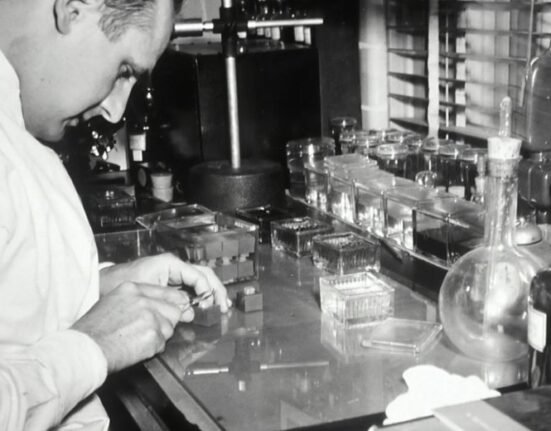HQ Team
August 5, 2023: The USFDA has green-lighted the first oral medication indicated to treat postpartum depression in women, which occurs after childbirth or during the later stages of pregnancy.
The medicine, zuranolone, which will be marketed under the brand name Zurzuvae by Massachusetts, US-based by Sage Therapeutics, Inc., was given a Fast Track and Priority Review by the US drug regulator.
Sage Therapeutics makes the drug in partnership with Biogen Inc., and the price or the date of availability in the market has not yet been disclosed.
Postpartum or “baby blues” after childbirth, include mood swings, crying spells, anxiety, and difficulty sleeping. Baby blues begin within the first two to three days after delivery and may last for two weeks.
Some women experience a more severe, long-lasting form of depression known as postpartum depression or peripartum depression as it starts during pregnancy and continues after childbirth.
Rarely, an extreme mood disorder called postpartum psychosis also may develop after childbirth.
Not a weakness
Postpartum depression is not a character flaw or a weakness. It’s a complication of giving birth. If you have postpartum depression, prompt treatment can help you manage the symptoms.
“Postpartum depression is a serious and potentially life-threatening condition in which women experience sadness, guilt, worthlessness—even, in severe cases, thoughts of harming themselves or their child.,” said Tiffany R. Farchione, M.D., director of the Division of Psychiatry in the FDA’s Center for Drug Evaluation and Research.
“And, because postpartum depression can disrupt the maternal-infant bond, it can also have consequences for the child’s physical and emotional development,” she said.
“Having access to an oral medication will be a beneficial option for many of these women coping with extreme, and sometimes life-threatening, feelings.”
Postpartum depression is characterized by sadness or loss of interest in activities that one used to enjoy and a decreased ability to feel pleasure. It can present with symptoms such as cognitive impairment, feelings of sadness or inadequacy, loss of energy, or suicidal ideation, according to the drug regulator.
Injectable medicine
The treatment for PPD was only available as an injection given by a healthcare provider in certain facilities until now.
Patients during the first phase of the experimental trial received 50mg of Zurzuvae daily after dinner for 14 days. In the second phase the dosage was reduced to 40mg of the drug or the placebo.
On the 15th day, patients’ data were run through a 17-item Hamilton depression rating scale.
“Patients in the Zurzuvae groups showed significantly more improvement in their symptoms compared to those in the placebo groups. The treatment effect was maintained at Day 42—four weeks after the last dose of Zurzuvae,” according to the FDA.
The labeling contains a boxed warning noting that Zurzuvae can impact a person’s ability to drive and perform other potentially hazardous activities. Patients also may not be able to assess their degree of impairment.
To reduce the risk of harm, patients should not drive or operate heavy machinery for at least 12 hours after taking Zurzuvae, the FDA stated.
Side effects
The most common side effects include drowsiness, dizziness, diarrhea, fatigue, nasopharyngitis (the common cold), and urinary tract infections.
The use of Zurzuvae may cause suicidal thoughts and behavior. Zurzuvae may cause fetal harm. Women should use effective contraception while taking, and for one week after taking, Zurzuvae.
The daily recommended dose for Zurzuvae is 50mg. It should be taken once every day, for 14 days, in the evening with a fatty meal, the FDA stated.
About one in ten women experience postpartum depression after giving birth, with some studies reporting one in seven.
Postpartum depression generally lasts 3 to 6 months. However, this varies based on several factors. It is estimated that nearly 50% of mothers with postpartum depression are not diagnosed by a health professional.
Approximately, 80% of women with postpartum depression achieve a full recovery, according to postpartumdpression.org.








